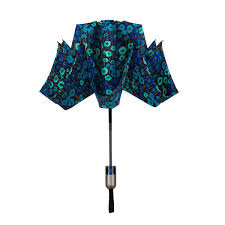Mind the Gap!
How do commercial and literary fiction differ?
This is a huge topic. I dare say there are doctorate theses written on it. So I’ll just confine myself to one central idea. I once heard someone describe the difference between literary and commercial fiction as the former having more gaps. What on earth does that mean? Well, I take it to signify that the reader of literary fiction has to work harder to take in the writer’s message. They’re not given all the information, or they have to puzzle out the significance of an image or reference for themselves.
I’ve just finished the excellent novel ‘The Lamplighters’ by Emma Stonex. (You can find it at www.bookshop.org or amazon )
It’s a fascinating fictionalisation of the mystery of three men who disappeared from a remote Cornish lighthouse in 1972. Emma is a mesmerising writer who draws the reader in with her lyrical prose and ability to convey different voices. But she doesn’t pander to us – we have to discern for ourselves the point where the real becomes the imagined in this intoxicating story. At one point in the novel, she describes a character as ‘[coming] out of a busy station, umbrella hanging like something shot.' The simile brought me up short. ‘Like something shot’ implies some sort of prey – a bird perhaps. But what has that to do with an umbrella? Then I pictured a telescopic umbrella (hope I’m right!) that isn’t properly fastened. It’s probably black or dark brown. Perhaps a little like this (except it would be the other way up if it hung from her arm).
At first it appears an innocuous description of a character who’s prepared for rain. But the simile ‘like something shot’ has an undercurrent of violence. Is there some underlying menace here? And why might the umbrella be half open? Is the character distracted? Or untidy? My mind was filled with possibilities. But I had to read on to discover if my theories were correct. And that’s what literary fiction does. It teases and confounds us, forcing us to think deeply about the implication of the words – or the gaps between them.
I do urge you to read Emma’s wonderful novel. And I’m very grateful to her for giving me permission to quote her words. They’re an excellent illustration of the way literary fiction challenges readers. And her book certainly challenges and entices us in powerful ways.

